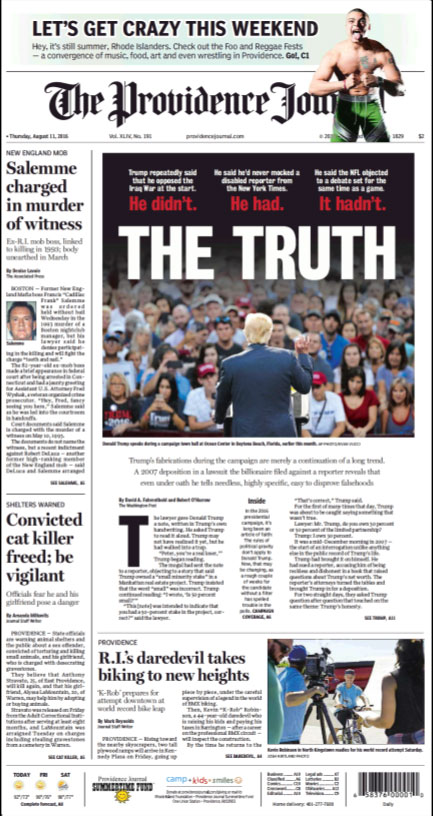We Won’t Always Have Paris, Thank Goodness
In light of Dan Yorke’s surprising incredulity that Mike Stenhouse would be satisfied with President Trump’s withdrawal from the Paris climate accords, I was happy to come across Roger Kimball’s shared glee over the withdrawal and the ensuing lunacy from the Left:
Hysteria on the Left was universal. But as many cooler-headed commentators observed, one of the really amusing things is that the Paris Accord means exactly nothing. Since it requires nothing of its signatories, it will yield nothing from them. As an editorial in The Wall Street Journal pointed out, “amid the outrage, the aggrieved still haven’t gotten around to resolving the central Paris contradiction, which is that it promises to be Earth-saving but fails on its own terms. It is a pledge of phony progress.”
Kimball offers two things that Paris does do, though. First is offering people an opportunity for cheap-to-them virtue signaling.
The second reason for the hysteria follows from the one serious effect of the climate accord. It has nothing to do with saving the environment. Every candid observer understands that the real end of the accord is not helping “the environment” but handicapping the developed countries. At its core, the accord is intended as a mechanism to redistribute wealth by hampering countries like the United States from exploiting its energy resources and growing its economy. Hamstring the United States, but let countries like China and India—industrial strength polluters, both—do whatever they want.
Like many international agreements, the unspoken subtext of the Paris Climate Accord is “hamper America. Grab as much of its wealth as you can. Say it’s in the name of ‘fairness.’”
The irony is that the Left is throwing around terms like “traitorous” and “betrayal,” which makes me think of Indiana Jones. Kimball quotes left-wing billionaire political activist Tom Steyer on the first term; I’ve noted our own Senator Sheldon Whitehouse’s using the second, conspicuously just a few days after the mega-donor’s statement. And yet, they’re using those words to describe an action that, from the perspective of many conservatives, puts working Americans’ interests first.
That’s a strange sort of betrayal, if your loyalty is to Americans.

